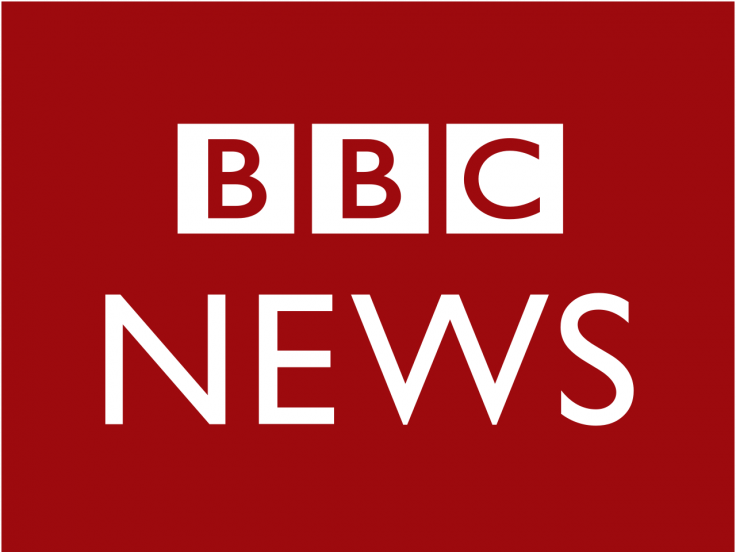BBC News is cutting as many as 450 jobs as part of a cost reduction drive. BBC Two's Newsnight, BBC Radio 5 Live and the World Update programme on the World Service will be affected by the job cull, the broadcaster said. The planned job cuts will help BBC save £80 million (about $100 million) by 2022.
BBC News director Fran Unsworth said the move reflects the shift of focus from traditional broadcasting towards digital. "We need to reshape BBC News for the next decade in a way which saves substantial amounts of money. We are spending too much of our resources on traditional linear broadcasting and not enough on digital," Unsworth said.
World Update on World Service English to be closed
She said the news corporation has to stay relevant for the people it is not currently reaching, adding that there will be a reduction in the overall number of stories covered. This means fewer films will be produced by Newsnight, although the flagship programme will "continue to deliver high-quality journalism on the day's events and beyond". However, World Update on World Service English will be closed, BBC said.

BBC News website will be 'largely' protected
The United Kingdom's public service broadcaster employs around 6,000 people, including 1,700 outside the country. BBC had announced 50 post closures at the World Service in 2019. The total job cuts include this. Story commissioning from around the world will be centralised to save costs, BBC added.
The corporation said BBC News website will be 'largely' protected. It also announced the launch of a new version of the BBC News app. "Our duty as a publicly funded broadcaster is to inform, educate and entertain every citizen. But there are many people in this country that we are not serving well enough," Unsworth said.
UK's journalists union said the cuts will damage the BBC and pose an existential threat to it. "These damaging cuts are part of an existential threat to the BBC, and a direct consequence of the last disastrous, secret licence fee deal the BBC agreed with the government ... This is before the impact of taking over responsibility for the over-75s' licences kicks in. Against this backdrop, the BBC's very existence is being threatened, with public service broadcasting under unprecedented threat," National Union of Journalists (NUJ) General Secretary Michelle Stanistreet said.
Chasing audience like its commercial rivals?
Paul Siegert, NUJ national broadcasting organiser, said BBC was abdicating its responsibility as the national broadcaster as it tries to chase commercial goals. "It is the duty of a public service broadcaster to offer something different rather than simply chasing an audience like their commercial rivals," he said.
"We have major concerns that the new ways of working planned across the BBC's news division could lead to a fall in quality and would urge the BBC to ensure they are audience-informed and not audience-led," Siegert added.









